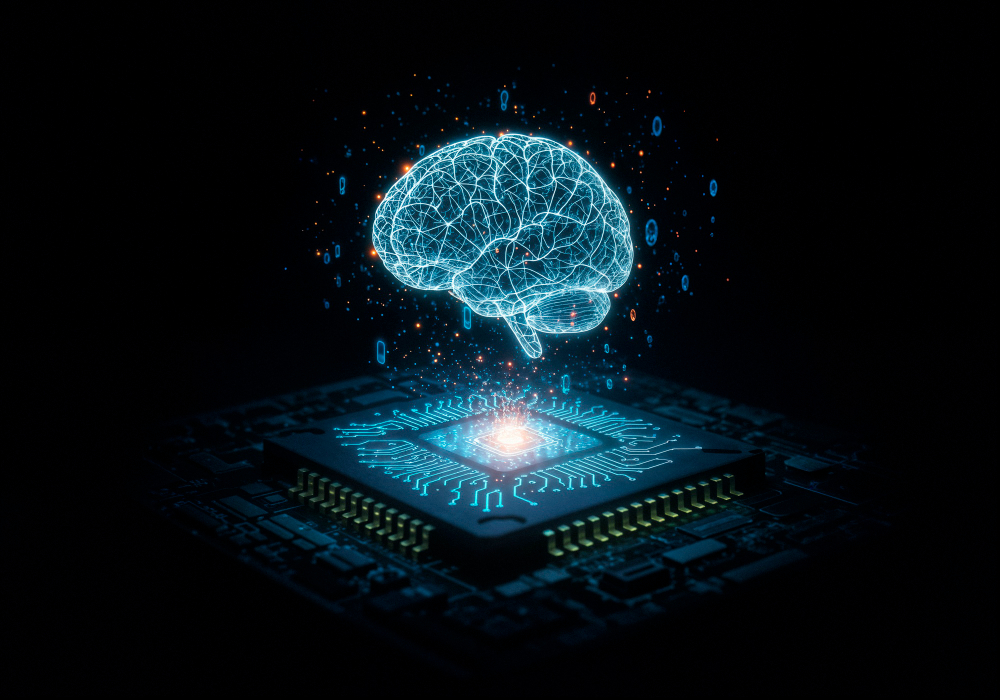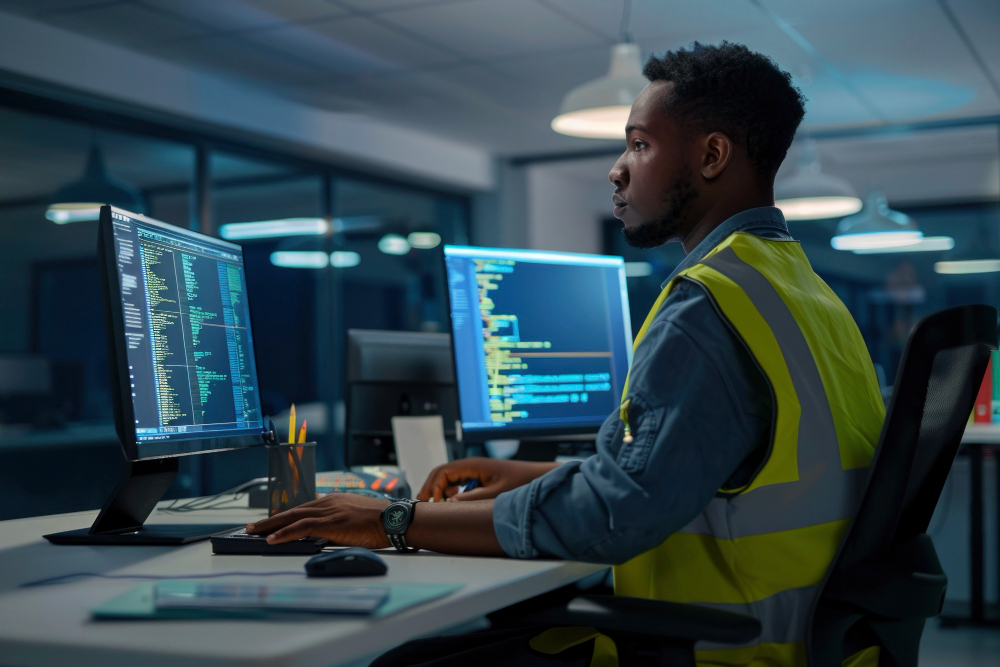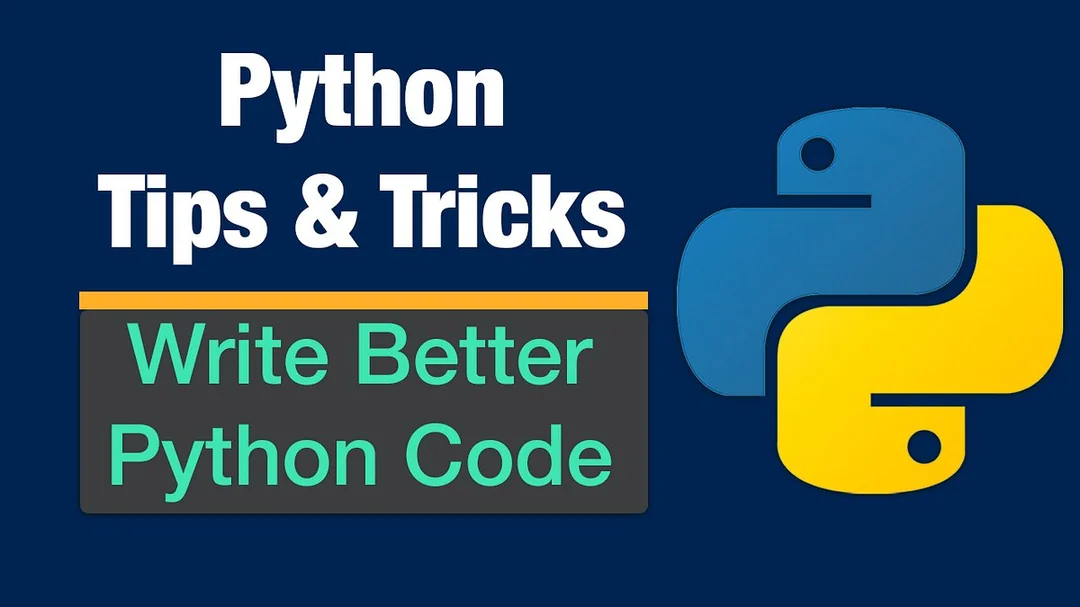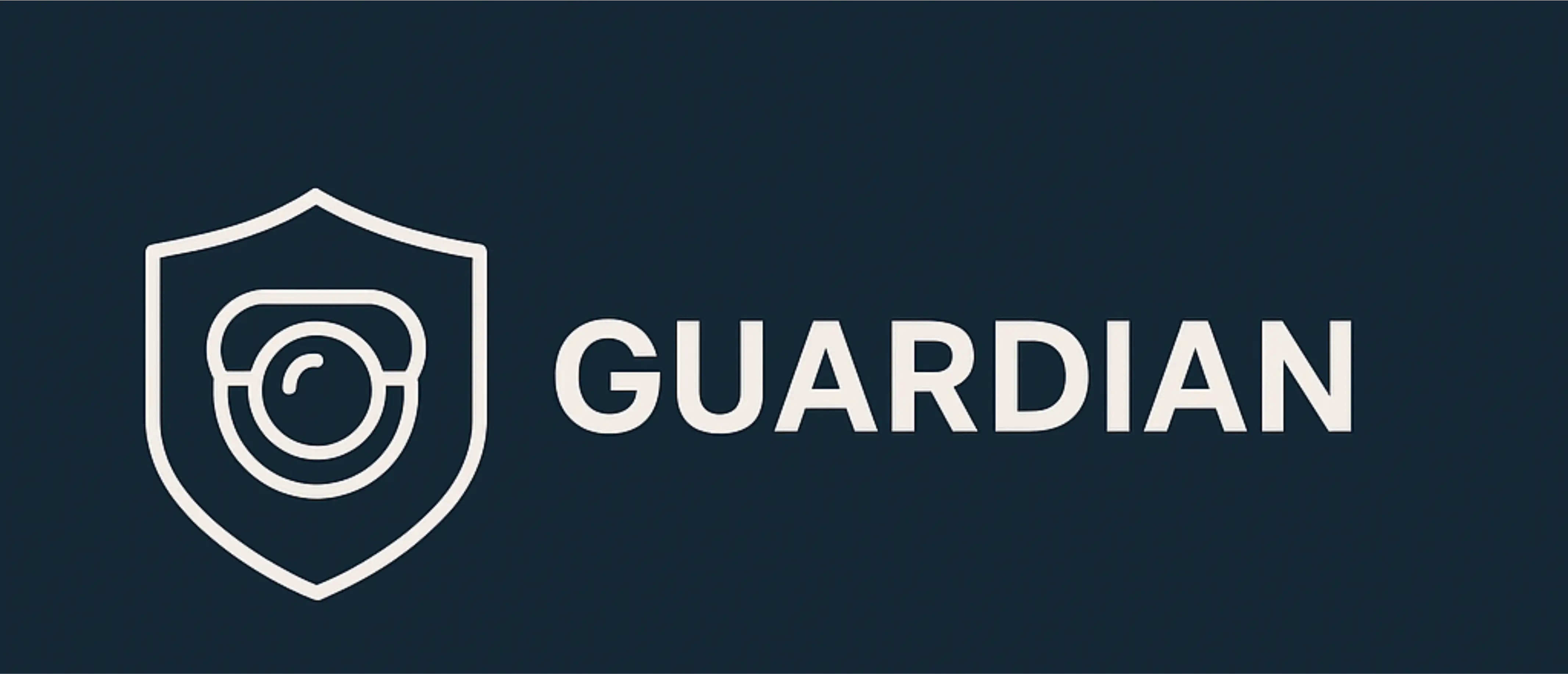My relationship with AI tools has evolved from skepticism to partnership. Here's how I've integrated AI into my development workflow and why I believe it's augmenting—not replacing—what we do as developers.
My Journey with AI Tools
When AI coding assistants first appeared, I approached them with caution. As a developer who takes pride in crafting clean, efficient code, I worried these tools might encourage cookie-cutter solutions or, worse, eventually make my skills obsolete.
My perspective shifted after a particularly challenging project with an aggressive deadline. Facing a complex API implementation, I reluctantly turned to an AI coding assistant. What followed wasn't replacement but amplification—the AI handled the boilerplate code while I focused on architecture and edge cases. We finished two days ahead of schedule.
Since then, I've integrated AI tools throughout my workflow, fine-tuning how we collaborate. The key insight? AI doesn't replace the developer; it elevates our work by handling the repetitive aspects while we focus on the creative and strategic elements only humans can provide.
How I Work With AI
I've integrated AI tools throughout my development workflow—from initial brainstorming and architecture planning to code generation and testing. This partnership allows me to iterate faster, explore more solutions, and deliver more polished products than ever before.
For example, I use AI to:
- Generate starter code and boilerplate that would otherwise take hours
- Debug complex issues by analyzing error patterns
- Brainstorm architectural approaches before committing to a direction
- Automate documentation and testing to ensure quality
My Vision for AI in Development
While many see the evolving rate of AI as a threat, I see it differently—as an opportunity for augmentation and growth. It has always been the future I envisioned growing up: technology that makes our lives easier and extends human capabilities.
The developers who thrive in the coming years won't be those who resist AI, but those who learn to collaborate with it effectively. I'm excited to be at the forefront of this transformation, constantly exploring new ways that AI can elevate my work and open new possibilities in software development.
The New Developer Workflow
My workflow has transformed considerably since integrating AI tools. Rather than spending hours on repetitive coding tasks, I now focus more on:
- Problem definition and requirements engineering
- System architecture and design decisions
- Code review and quality assurance
- User experience refinement
- Learning new technologies and approaches
This shift has made me a more effective developer overall. The time saved on routine tasks allows me to invest more deeply in the aspects of development that truly require human creativity and critical thinking.
Concrete Ways I Use AI in Development
Rapid Prototyping
When starting a new project, I often use AI to generate multiple approaches to solving a problem. This helps me quickly evaluate different architectures and implementation strategies before committing significant time to any one approach.
Learning New Technologies
AI has accelerated my learning curve for new frameworks and languages. I can ask detailed questions about implementation details and best practices, significantly reducing the time it takes to become productive in a new technology stack.
Code Refactoring
AI is excellent at suggesting refactoring opportunities and implementing them correctly. This has helped me maintain cleaner codebases and identify patterns that might otherwise have gone unnoticed.
Documentation Generation
One of my favorite uses is having AI help generate comprehensive documentation for my projects. This ensures my work is more accessible to others and saves significant time in the process.
The Human Element Remains Critical
Despite all the advantages AI brings, the human element remains irreplaceable. AI tools still require guidance, oversight, and a critical eye. They're partners in the development process, not replacements for human judgment and creativity.
The most successful implementations I've created still required my understanding of:
- Business and user needs that may not be explicitly stated
- Ethical considerations and potential consequences
- Cultural and social contexts that affect user experience
- Long-term maintenance and evolution of systems
Looking Forward
As AI tools continue to evolve, I'm excited about the possibilities they'll open up for developers. I believe we're moving toward a future where AI handles more of the routine aspects of coding, freeing developers to focus on innovation and problem-solving at a higher level.
For those concerned about AI replacing developers, I encourage a shift in perspective: view AI as a powerful tool that extends your capabilities rather than threatens your relevance. The developers who embrace this mindset will be well-positioned to thrive in the changing landscape of our industry.




